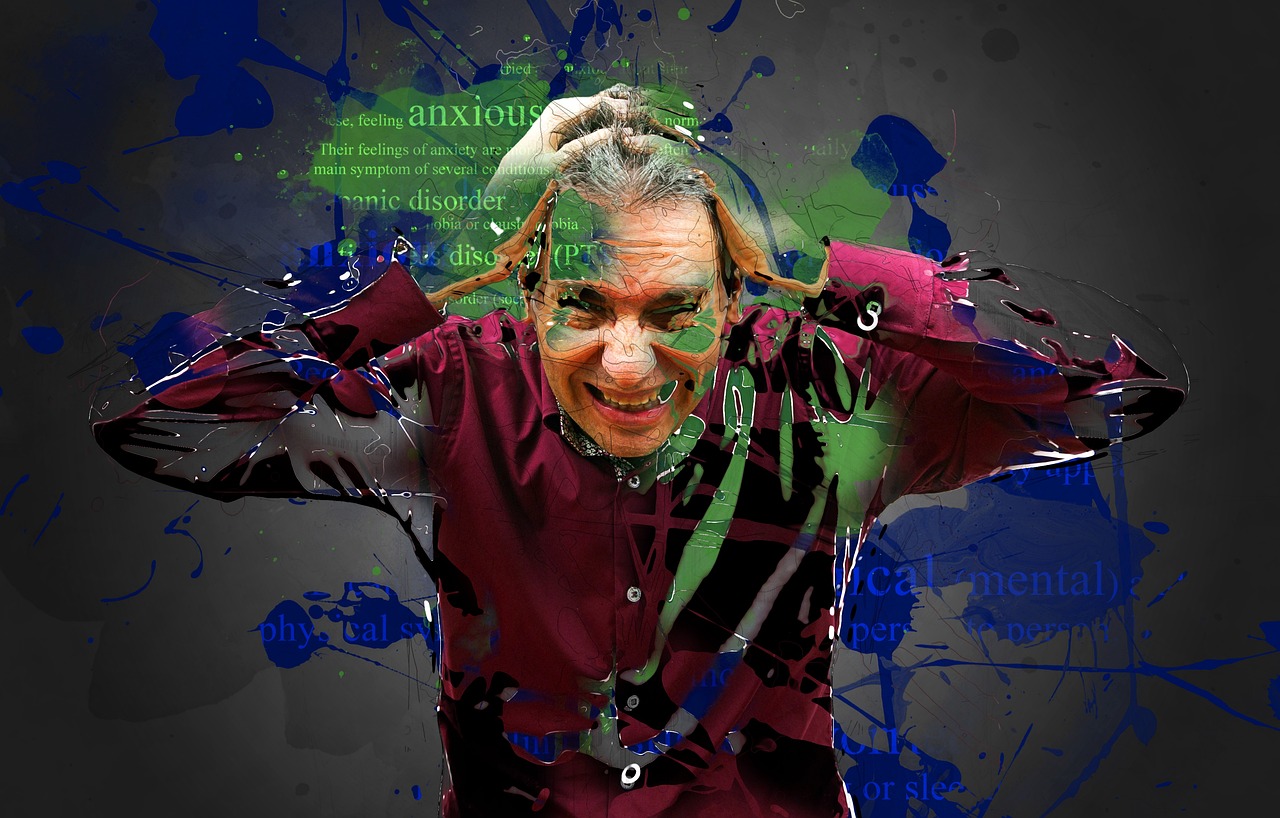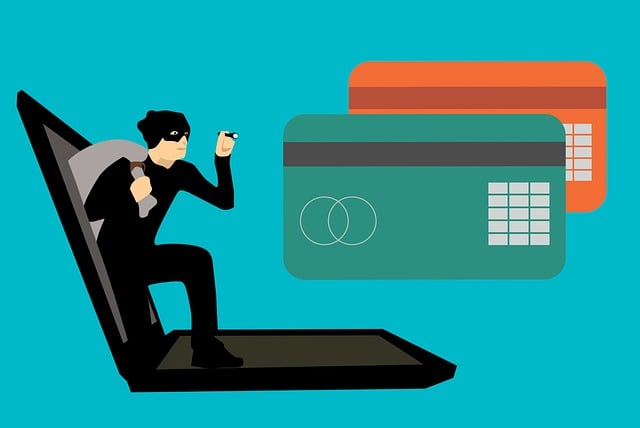
As per studies by the Anxiety and Depression Association of America, 21 million adults in the USA experienced a depressive episode at least once in their lifetime.
People with depression struggle with the disorientation that can affect their productivity and day-to-day life. Besides anxiety, the other common signs of the condition include hopelessness, low self-esteem, irritable mood, intrusive thoughts, negative thoughts, avoidance of reminders, and a guilt response.
Fortunately, there are ways to manage depression; make it more tolerable and lessen its frequency. Using the right ways to treat depression can help you process your experiences and develop new coping skills.
Here are a few approaches you may like to consider:
1. Play With Your Pets

Pets can help people cope with depression. Studies by trusted sources show that living with a trained pet can positively impact people with depression and that too within the shortest period.
Furthermore, pets help cope with an array of psychological issues, such as stress responses, anxiety, depression, and nightmares. According to research, spending as little as a week with a specially trained pet improved mental health by 75%.
Experts say that pets can sense discomfort and restlessness in their owners and offer immediate reactions. So, a pet trying to catch your attention by fiddling around can help with stress relief. They sense the chemical changes in a person’s body and can immediately alleviate them through touch and pampering.
2. Go For Cognitive Behavioral Therapy

Cognitive Behavioral Therapy, or CBT, is one of the most effective ways to treat depression. During such therapies, a guide walks you through your behavior patterns to help you separate positive patterns from others. Here is what you can expect from a typical CBT session:
Behavioral Therapy entails using detailed and repeated imagining to develop new pathways. By doing so, the therapist helps the individual not only the face but even gain control of distress and fear while earning to cope with other symptoms.
Cognitive Processing Therapy can treat comorbid and depression symptoms. It involves changing painful negative thoughts, beliefs, and emotions caused due to trauma. The therapists help the individual face distressing emotions.
Group Therapy motivates individuals to share their experiences and stories in a non-judgmental and comfortable setting. Group members help each other realize that many individuals may have felt similar emotions and reacted in the same way.
Other forms of psychotherapies, like supportive, psychodynamic, and interpersonal therapies, focus on the interpersonal and emotional aspects of depression.
3. Try Natural Enhancers
While herbs may not immediately provide substantial relief, long-term use may impart many benefits. Studies show that natural herbs like Chamomile and Lavender can help soothe your mood and help you relax. You can use their essential oil or simply infuse them into a herbal tea.

Conversely, coffee may act as an energizer or a stimulant. However, alteration and understanding which works for you are key to using all the supplements.
Before administering natural enhancers, ensure that you talk to an expert. It is so because some stimulants act as biphasic drugs that impose opposite effects when taken in high or low doses.
4. Healthy Lifestyle to Cure Depression
Increased stress can be hard on your body; therefore, take care of yourself by developing healthy lifestyle habits.
- Try relaxation techniques like deep breathing, meditation, or doing gym, yoga, and massage to activate your body’s relaxation response and ease the signs of depression
- Eating a healthy and nutritious diet keeps your energy and mind clear. Incorporate a lot of omega-3s, like flaxseed, walnuts, and fatty fish, in your meals throughout the day to improve your emotional health.
- Avoid drugs and alcohol that can worsen the signs of depression and interfere with your treatment.
- Getting enough sleep is also recommended, as sleep deprivation may trigger irritability, moodiness, and anger.
The Bottom Line
While there is no specific reason that may cause stress, there are ways to manage it. Natural herbs, medicines, and cognitive behavioral therapy can ease your symptoms and allow you more clarity. If these approaches are not helping you with your symptoms, speak with your mental healthcare professional or doctor.






